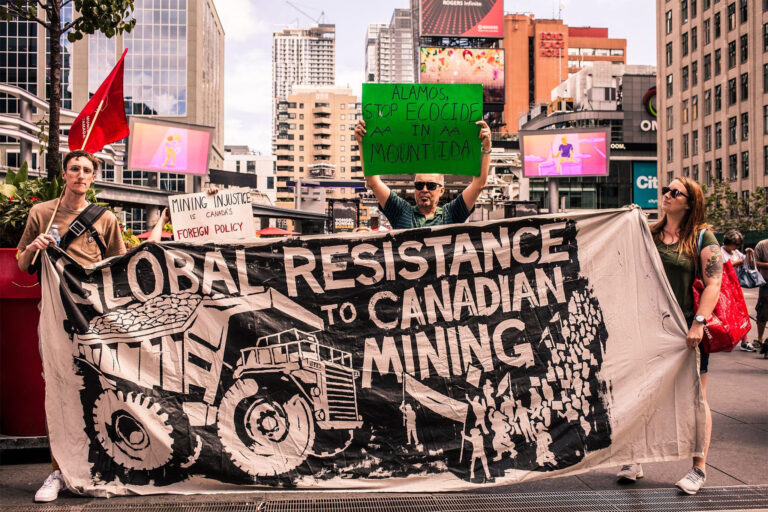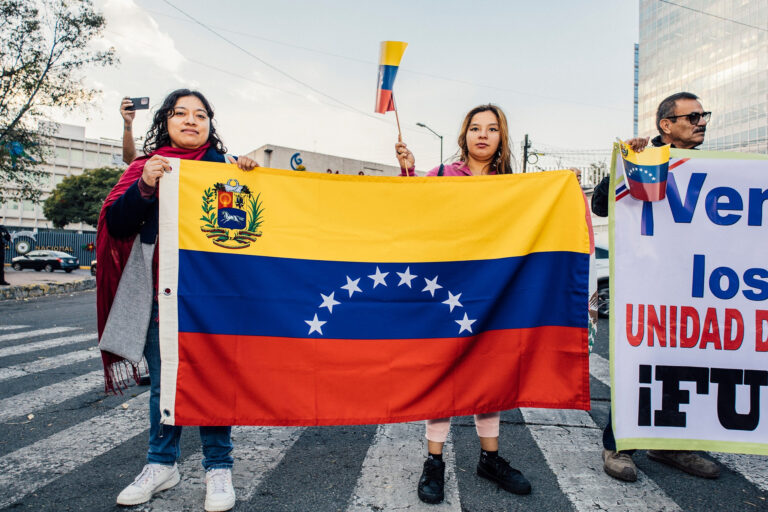Night & Fog
This is a translation of the introduction of José de Jesús Morales Hernández’s 2010 book, Night & Fog: The Death Flights: The History of Concentration Camps in Mexico and Missing Persons of the 20th Century Dirty War, which is available in its original Spanish at Marxists.org. José de Jesús Morales Hernández was a guerrilla member of the September 23rd Communist League.
The objective of writing this book is to demonstrate the impunity with which the authorities and repressive organs of the State acted during the so-called Dirty War, with the slightest respect for individual rights and guarantees, especially those of the most marginalized.
The concealment of the origins for this movement led me to carry out a careful study of the causes of the revolutionary movement of the sixties, seventies and mid-eighties from the point of view and the historical, legal, economic, philosophical and sociological analysis, and even psychological (of the behavior of the State as executor-victimizer), and the damage caused to the victim, both direct and collateral, as well as the direct intervention of the military, impunity, corruption, the dilemma between reform and freedom, the role of political parties and the inviability of democratic politics, the reason for economic inequality and social injustice, how the well-being of the ruling classes as entrenched parasites, is thanks to the misfortune of those who produce the wealth that they never get to enjoy, while the pimps of misfortune do.
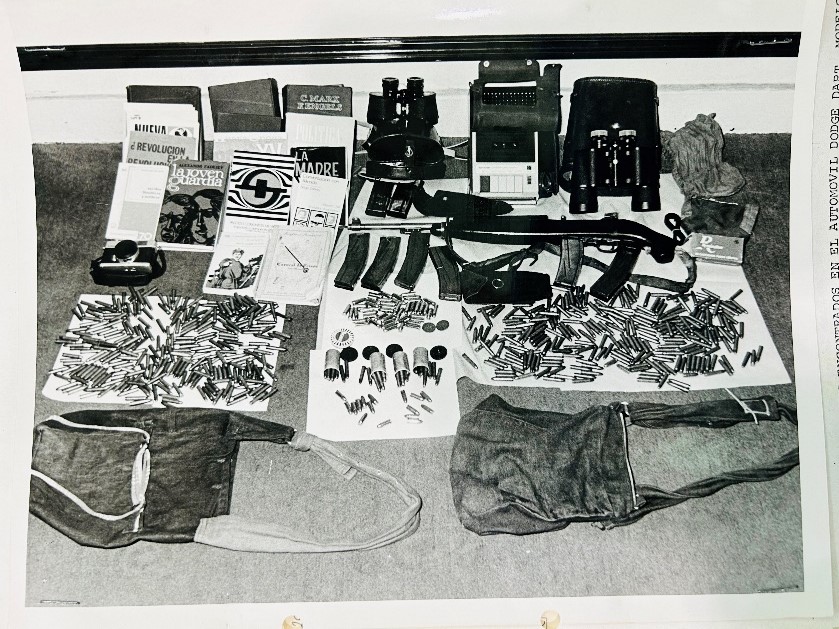
One writes to try to answer the questions buzzing in one’s head, tenacious flies that disturb one’s sleep, and what one writes can take on collective meaning when it somehow coincides with the social need for answers. I first wrote Memoirs of a Guerrilla during my very particular participation in the armed struggle, but it was my contribution through this trench to building a better world, and I wrote it to spread other people’s ideas and my own experiences that might help a little, in their true measure, to clear up the questions that have always haunted us.

Now, I try to compile the guerrilla movements in all their dimensions in the greatest possible effort to try to contribute to the historical rescue as an obligation that we all have to contribute our own and others’ experiences and without the slightest deviation possible, so that this history is clarified and puts each one in his place and does not happen again, in addition to placing comrades in their true historical dimension and that the murderers are tried as we were (although we did not disappear anyone) and to partially heal the wounds: I say partly because the wound of the pain of a disappeared son will never close for mothers.
These dictatorships or totalitarian governments are tumors to be removed from healthy organisms, or the pus that betrays the system’s infection with the smell of putrefaction. Information about the missing must be provided by the perpetrators and the institutions that actively participated in these events. The Secretariat of National Defense must have documentation – which it has not made available – and with key witnesses – who until now have maintained a culpable or complicit silence – to clarify the fate of the disappeared detainees. For this reason, this work presents the most relevant information that has been obtained from the files of the political police about their detention in order to track their whereabouts and to give greater elements of certainty to society in relation to these people – because they are part of the wound of our society – who must appear alive since the State is responsible for their disappearance, as demonstrated by irrefutable documentary evidence that they were detained and that I present here with photographs and signatures of the detainees, (there is no way they can deny that they had them in their dungeons) and the search cannot and should not cease, we must persist without stopping and demand punishment for those responsible. What was destroyed was not only the lives of the combatants and their social base, but the terrorizing of the population, the attack was directed not so much at not against human lives directly, but against the means of life and sustenance.
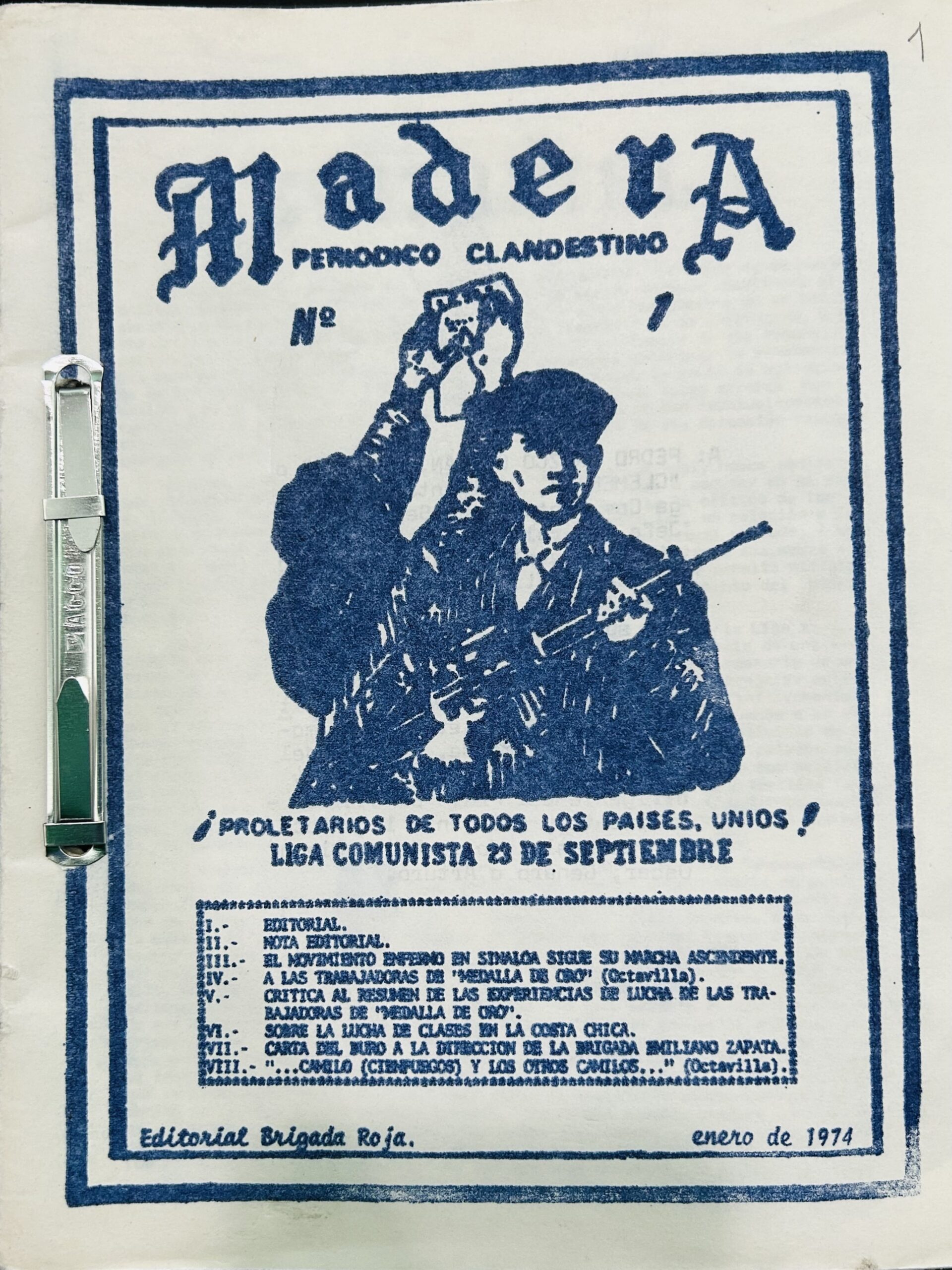
I will demonstrate the way in which the forces of the State represented by the army and the different police forces at the service of business elites act, ready to defend the established order and repress with all means.
Its reach extends to social groups that question and jeopardize the country’s political and economic interests. I also propose to question the different forms of democracy (oligarchic, liberal, or popular) and the confusion they create in practice, sustaining the deceptive institutions in the Mexican legal system through functionalist-structuralist and diffusionist methods. This achieves its goal of acculturating the governed, and through the dissemination of the message, transforms the recipient into a different form of alienation.
As Bertolt Brecht dramatically points out: He who does not know the truth is only a fool, but he who knows it and calls it a lie is a criminal.

The State, due to its rigidity, corruption, and authoritarianism, left no alternative to those seeking to improve the living conditions of the historically marginalized group—the proletariat—other than armed force. The country’s economic and social crises forced them to choose that path, as historically demonstrated. For example, our independence, which was achieved through that means, was the struggle of those considered “violent and a danger to the country” (like Morelos and Hidalgo), whose heads were severed by “the peaceful.” Another example of how the chains of ignominy are broken is found in the person of Ricardo Flores Magón, who was also assassinated by “the peaceful.” But let’s look at the work of this “common criminal,” none other than Article 123 of the Constitution. Zapata, Article 27 of the Constitution, we are credited with political openness, etc. Of course, to achieve this, a small dose of passion and some sacrifice are required, whether life or liberty, for the life and liberty of others, to achieve the primary objective of breaking the enslaving chains. Although their own class and interest enemies are then forced, against their own will, to pay tribute to them in the Rotunda of Illustrious Men.
These oneiric young people, bearers of dreams and ideals, encountered the insane, sinister, perverse, and unbridled homicidal instincts of those who saw their petty class interests and privileges wounded.
It seems like a mad struggle, but only those who dare, build, construct, and transform the world. They never expect anyone to recognize them. No one owes us anything. We seek to fulfill the historic commitment to break the bonds of subjugation by transforming humankind, forming their consciousness, and achieving their freedom. That is why historical analysis from the perspective of historical and dialectical materialism is necessary to understand politically, legally, economically, socially, and culturally how those who dominate the State-Government came to power, how its production is organized, its legal norms, and how its production has been organized in past and recent years. This must be investigated.

In this story there is an inexhaustible source of heroism, of the spirit of sacrifice, of struggle and of combat. The pathological discharge of paranoia that the State undertook —against these national groups that were organized in the workers’, peasants’, students’ movements, and in the popular insurgency—, went beyond the legal framework and incurred crimes against humanity that culminated in massacres, forced disappearances, systematic torture, war crimes and genocide by destroying a large sector of society that it considered ideologically its enemy, for being the social base of support for the armed groups. These same causes forced numerous social sectors to embrace Marxist-Leninist ideas and carry out various revolutionary actions in order to overthrow a government characterized by its authoritarianism, thus giving rise to the student movements of 1968 and 1971 and the guerrillas of Rubén Jaramillo, Arturo Gámiz, Genaro Vázquez, Lucio Cabins,the 23rd of September Communist League, the People’s Revolutionary Armed Forces, the People’s Union-Procup, and many others. These were the revolutionary demonstrations that had the greatest impact on the social struggle for rights from the late 1960s to the mid-1980s.
The problem posed here is very clear: after the Revolution of 1910-1917, what has come to be known as the “social contract,” or Political Constitution of the United Mexican States, was signed (which it isn’t, since the requirement for a contract to be valid is that there be two parties to the contract). In this case, the State-Government isn’t obligated; it only says that you have rights, which is why it doesn’t respect any of the rights enshrined therein. Therefore, it’s neither a rule of law, nor sovereign, nor democratic—this is a serious problem. Article 39 of the Constitution was invoked (the people have the inalienable right to alter or modify the form of government), and it doesn’t say how. (Former Attorney General Jorge Carpizo comments that it can even be armed.)

All avenues were exhausted, and the road narrowed, leaving only the only path that has historically achieved change, revolutionary violence, to enforce the terms of the social pact—our Constitution—and achieve political, social, cultural, and economic change. All these groups and their leaders exhausted the democratic path to exhaustion. These oneiric young people, bearers of dreams and ideals, encountered the insane, sinister, perverse, and unbridled homicidal instincts of those who saw their petty class interests and privileges wounded. Hence their counterrevolutionary reaction was so fierce, and they exterminated the lives of comrades who thought deeply and carried out social welfare projects. What caused us the most anger and rage was when we saw them attacking children vulnerable to hunger, disease, severe marginalization, and the attack on human dignity with such cynicism and impunity.
All our comrades were victims of the system’s brutality; no one escaped the ferocity of fascism. They maintained power through terror, torture, forced disappearances, and crime. But how were these young people so “dangerous” to the country? Our murdered and disappeared comrades were ordinary workers, hardworking peasants, young students, poor settlers, housewives, Indigenous people, professionals, writers, musicians, philosophers, historians, etc.
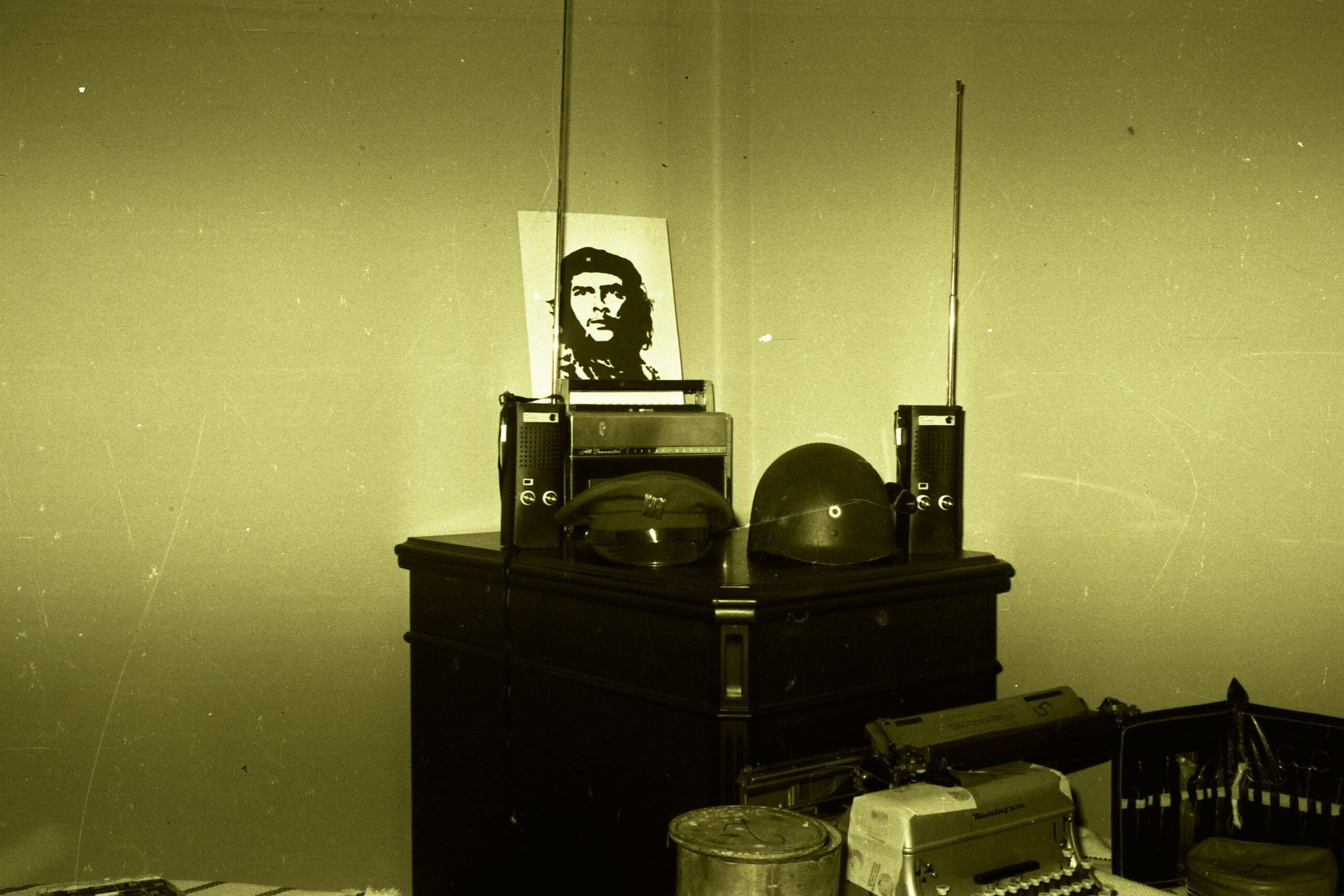
President Luis Echeverría Álvarez (1970-1976) used a double standard: on the one hand, he made those outside the country believe that we lived in a democratic state of law, while at home he waged a dirty war of extermination against students and youth groups who, cornered, were left with no other option but armed struggle to achieve change and as an act of survival. After the genocide of 1968, the cry was no longer, “For my race, the spirit will speak,” but now the battle cry was, “For my race, the rifle will speak.” This President was the one who gave the order to eliminate the guerrillas and their social base at any cost, which in practice meant that governors, commanders at all levels, police, and military personnel obeyed the order, ignoring constitutional precepts and the most basic human rights, repressing, torturing, disappearing, and depriving numerous guerrillas, their families, friends, and even people outside the armed movement of their lives and liberty. War also has laws, and they failed to respect the most basic of protected rights—the right to life.
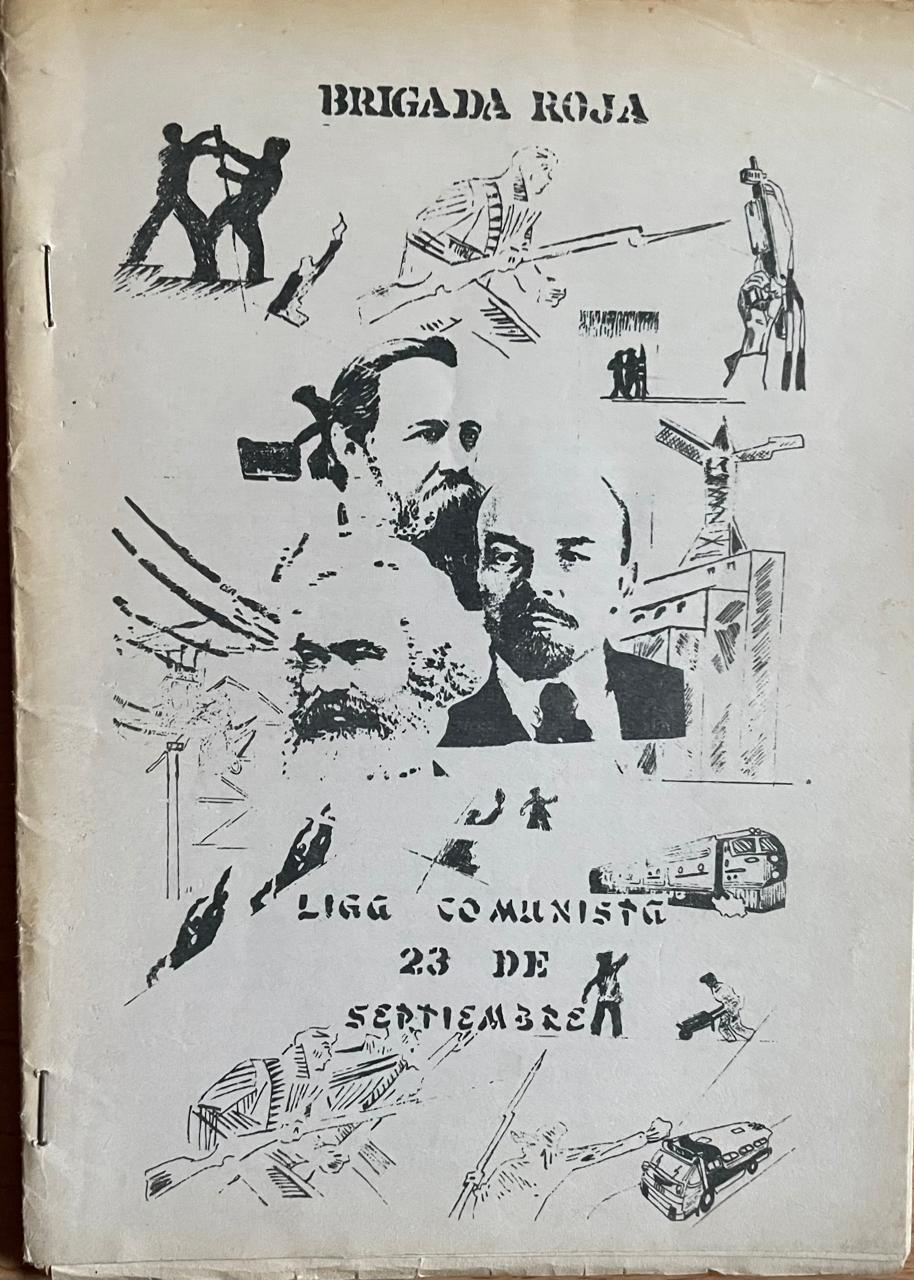
Now they ask us to forget, to forgive, but if we forget or develop amnesia, we will be traitors to our dead, our disappeared, to their families, to our indigenous people, but above all, to ourselves. We cannot forget, so that history is not distorted and repeated. What is history? —History emulates time, a repository of actions, a witness to the past, an example and warning of the present, and a cautionary tale of what may come. Let the truth not be just history—because in the now, in the present, the pain of injustice will be felt—even more so.
We will analyze how, at that time, we proposed building a better world and demonstrating that there are other, more civilized forms of life and guaranteeing at least all the rights enshrined in our constitution: (the right to health, education, paid work, housing, recreation, etc.) in short, a dignified life, and not just governed by the law of the strongest. May reason always prevail! In short, building socialism is the only alternative. That the executioner is also subject to order and live in a civilized world, of law, and if they do not want to prosecute them as our norm contemplates, then it should be through international courts, and ensure that the legal norm is applied equally. Let not only those who steal bread out of hunger be punished. “An educated people is a free people, and a people without hunger is a happy people.”
We do not have to go through this life suffering pure misfortune because of a few insensitive, power-hungry people who live in opulence like parasites at the expense of those who produce the goods. Complaints to the respective authorities by the families of the dead and the disappeared have not prospered, nor has the government recognized the international treaties that Mexico signed and ratified, regarding the crimes of genocide and crimes against humanity, such as forced disappearance. Likewise, we will see how all countries, from Patagonia to the Rio Grande, suffered the ravages of fascism, such as Argentina, Chile, Guatemala, and Uruguay, etc., as did Mexico.

-
Predation & Neo-latifundismo
The government must be very cautious, as the neoliberal regime handed out mining concessions to its predatory cronies like candy, more than half of the national territory ended up in their hands in one way or another.
-
New Challenges for the China-Mexico Trade Relationship in 2026
The lack of high-level dialogue between China and Mexico has eroded the possibility of effective coordination in multiple bilateral areas, particularly in foreign trade.
-
Attack on Venezuela: Mexico’s Response
An interview with Daniela González López of Observatorio de Derechos Humanos de Los Pueblos.


